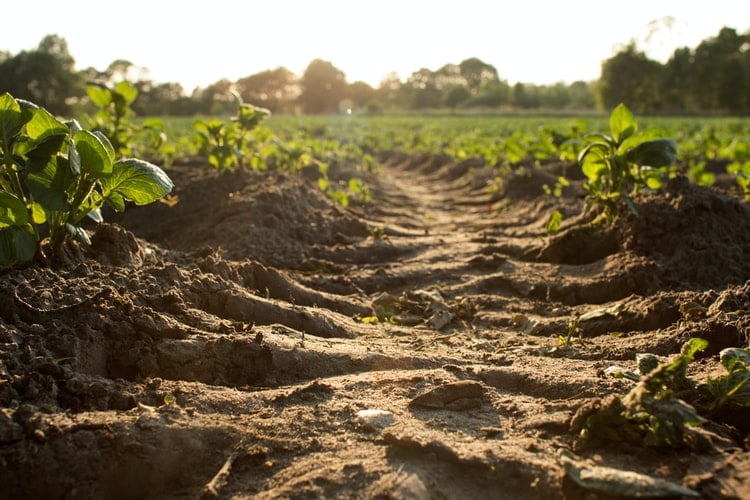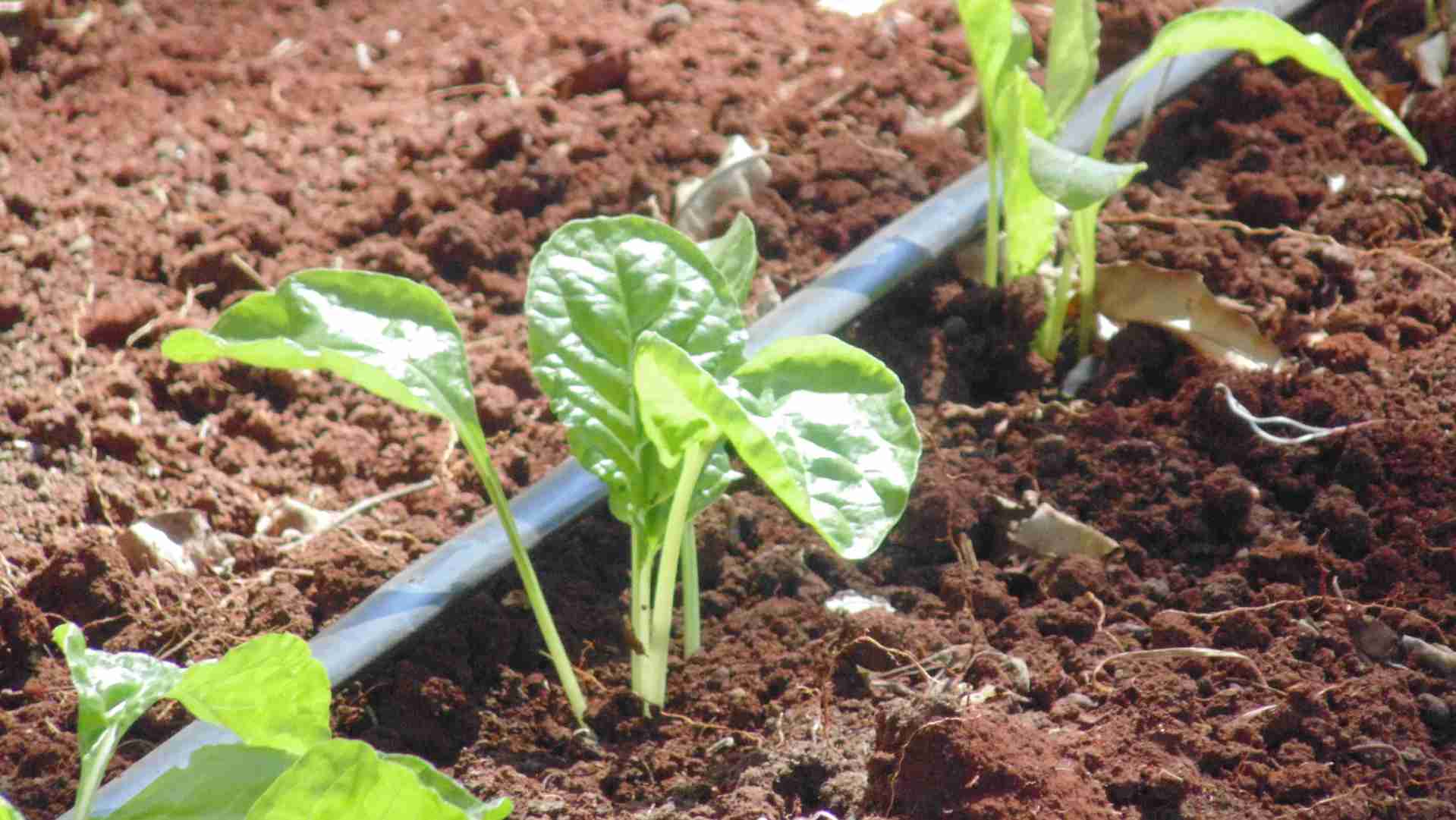5 Reasons to Test Your Soil

Did you know that 60% of crop yields depend on soil fertility? Soil is a precious resource that needs to be managed carefully. As a farmer, you can do this by performing soil tests on a regular basis.
Different soils have different nutrient profiles, some are lacking in nutrients needed to grow certain types of plants. Some soils may be nutrient-rich in the past but the reserves have been depleted after the crops were harvested. For people who grow crops for a living, the soil's nutrient profile has to be assessed prior to planting crops otherwise; all that hard work could go to waste!
Soil testing is a diagnostic tool for determining the nutrient profile and structure of the soil. The test is done by measuring the chemical or physical attributes of the soil as well as the soil’s nutrient status and lime requirements. After assessing the soil, fertilizer and lime recommendations will be given for profitable farming. Soil testing is a critical step in high yield farms but it can be conducted in small gardens too.
It's important to test your soil in order to avoid any soil-related problems such as nutrient deficiencies and poor growth. As the saying goes, "an ounce of prevention is worth a pound of cure". Testing your soil is an easy, inexpensive method for avoiding these problems without having to experience them first-hand.
Want to know more about why testing soil is so important? Synnefa gives you 5 reasons to test your soil.
1) Gain knowledge about the soil condition and how to improve it
Fertile soils are necessary to grow healthy crops. To improve soil fertility, it needs to be measured first. Soil fertility is determined by the chemical, physical and biological properties of soil. Properties such as soil texture, colour and structure are visible.
However, it is impossible to see the chemical composition of soil. This is what needs to be measured and why soil sampling is essential. Soil tests are used to determine the nutrient content and pH level of a soil. With this information the exact type and quantity of fertiliser that needs to be applied to improve soil fertility can be defined.
2) It is the first step into soil fertility management
With a proper soil fertility management strategy, farmers can maximize the efficiency of nutrients and water use and improve their agricultural productivity. Soil testing is the first step towards proper soil fertility management. Soil testing gives valuable information and helps you improve your soil’s health.
3) Minimise fertiliser expenditures
You will not waste money on unnecessary fertilisers if the exact type and quantity of fertilisers your soil and crops need is known. Moreover, inorganic fertilisers in general and nutrients such as phosphorus and potassium are limited resources. Their prices are increasing over the years and because this trend is set to last it is clever to adapt now to the inevitable changes.
4) Avoid over-fertilisation
Applying fertiliser without knowing the actual nutrient needs of your soil might lead to over-fertilisation. By testing your soils and receiving fertiliser recommendations, you can avoid using an excessive amount of fertiliser. This is better for your crops and the environment.
Fertiliser burn and leaves turning yellow is the outcome of over-fertilisation for crops. It might also result in nutrient leaching, water pollution and irreversible damages to the surrounding aquatic life.
5) Avoid soil degradation
Soil degradation is a threat to every farmer. It is estimated that each year 24 billion tonnes of fertile soil are lost due to erosion which is a result of unbalanced soil management. A proper soil management is guaranteed by soil tests followed by the application of the right fertilisers at the right moment. Besides avoiding risks of soil degradation, it is a more efficient and financially more interesting practice. Moreover, soil restoration is a difficult, costly and time-consuming process.
The macro- and micro-nutrients in your soil are very important, and their amount will affect just about everything in your garden - from the way it looks to how well it grows. And if you're not testing you won't know what nutrients you need to add and how much of them - so that supplies a great reason to test your soil!
Conclusion
Soil testing is important for making a well-informed choice about what grows best in your garden. By testing your soil, you can combat nutrient deficiencies and toxicities, giving your vegetables the best start possible in the garden. Your plants will thank you for taking the soil test!
So what do you think? Have you had any good experiences with testing your soil? Do you have any helpful hints that I didn't mention above? Feel free to share them in the comments.


